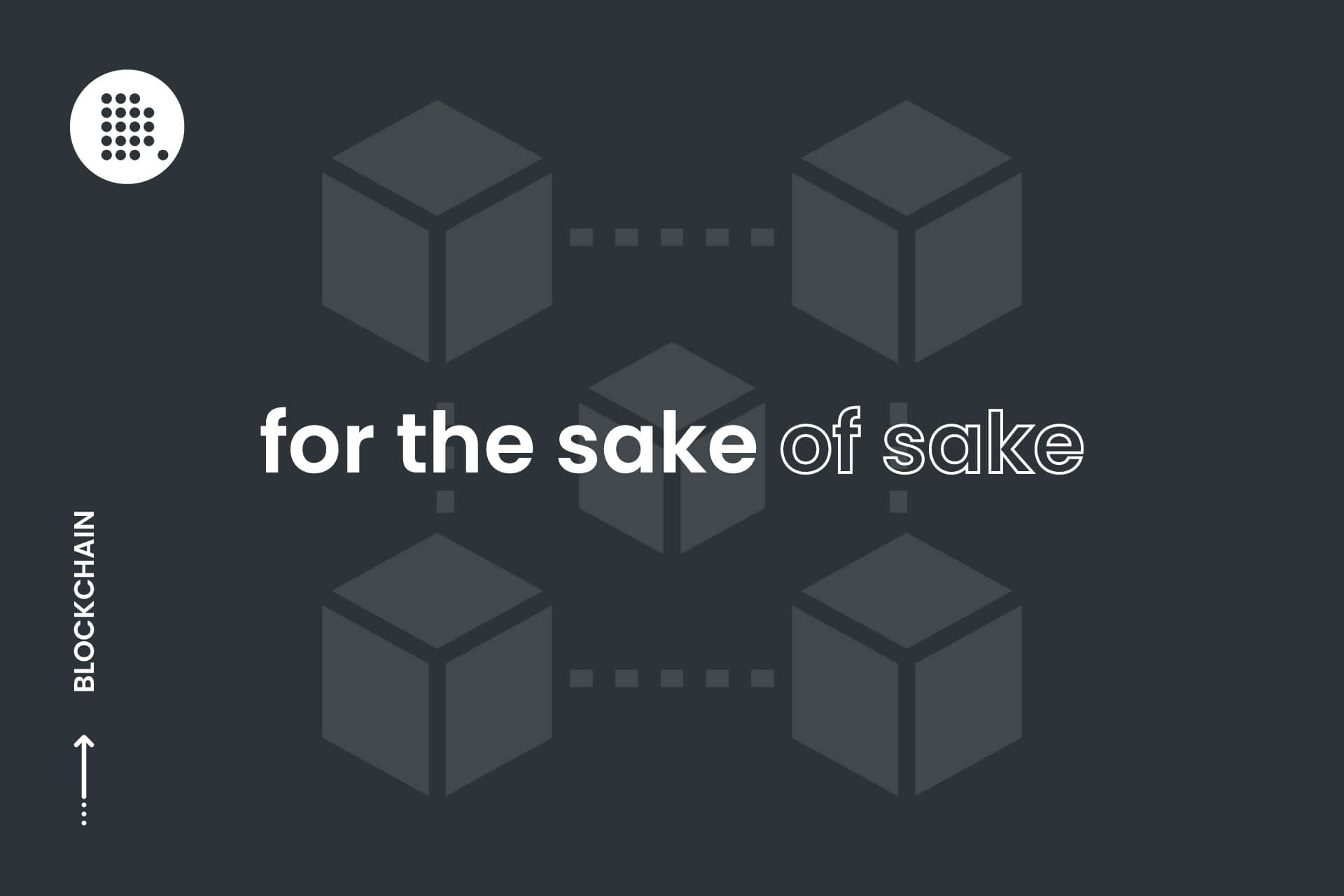
EY Japan, a branch of the global accountancy firm Ernst & Young , is on its way to launch a blockchain traceability system for Japanese sake, an alcoholic beverage made from fermented rice. The solution will help to share information, that includes origin and delivery records, and thus prevent authentic products from their counterfeits.
According to Nikkei Asia Review report, SAKE Blockchain will be rolled out in Asia in places such as Hong Kong and Singapore once a stable business environment will be reestablished after the coronavirus pandemic.
Shared information will include sake’s ingredients, brewing location and details of quality control along the distribution chain, including temperature records.
Sponsored
Reportedly, the end consumer will be able to check the brewer’s history and will even receive recommendations of food to pair with the products by scanning a QR code.
In addition, sake producers will benefit from being able to track every bottle from the point of delivery to the final consumer. According to the report, this will help local breweries to improve their marketing strategies for the products outside Japan.
With the popularity of Japan’s cuisine increasing around the world, the value of the country’s sake exports rose 5.3% during last year to $223 million. However, numbers of counterfeit sake products are also growing, often being sold even at a higher price than Japanese-made brands.
Meanwhile, most sake makers are small to mid-sized companies that do not usually have the capacity to conduct market research on overseas markets and cannot identify retailers and end consumers once their product has passed on to trading houses.
Blockchain technology there might provide local producers with useful and inexpensive data that can help with planning and also marketing.
According to Hideaki Kajiura, a partner at EY Advisory & Consulting, the use of the platform will increase the consumption of sake outside Japan, as well as increasing brewery tourism, citing the example of some wineries that received more visitors after adopting a blockchain system developed by the consulting company in 2016.
Although it is still rare for consulting companies to be involved with blockchain solutions for the drinks industry, EY Japan hopes to expand the blockchain system beyond sake to the country’s fruit industries, which have also been affected by counterfeiting.
